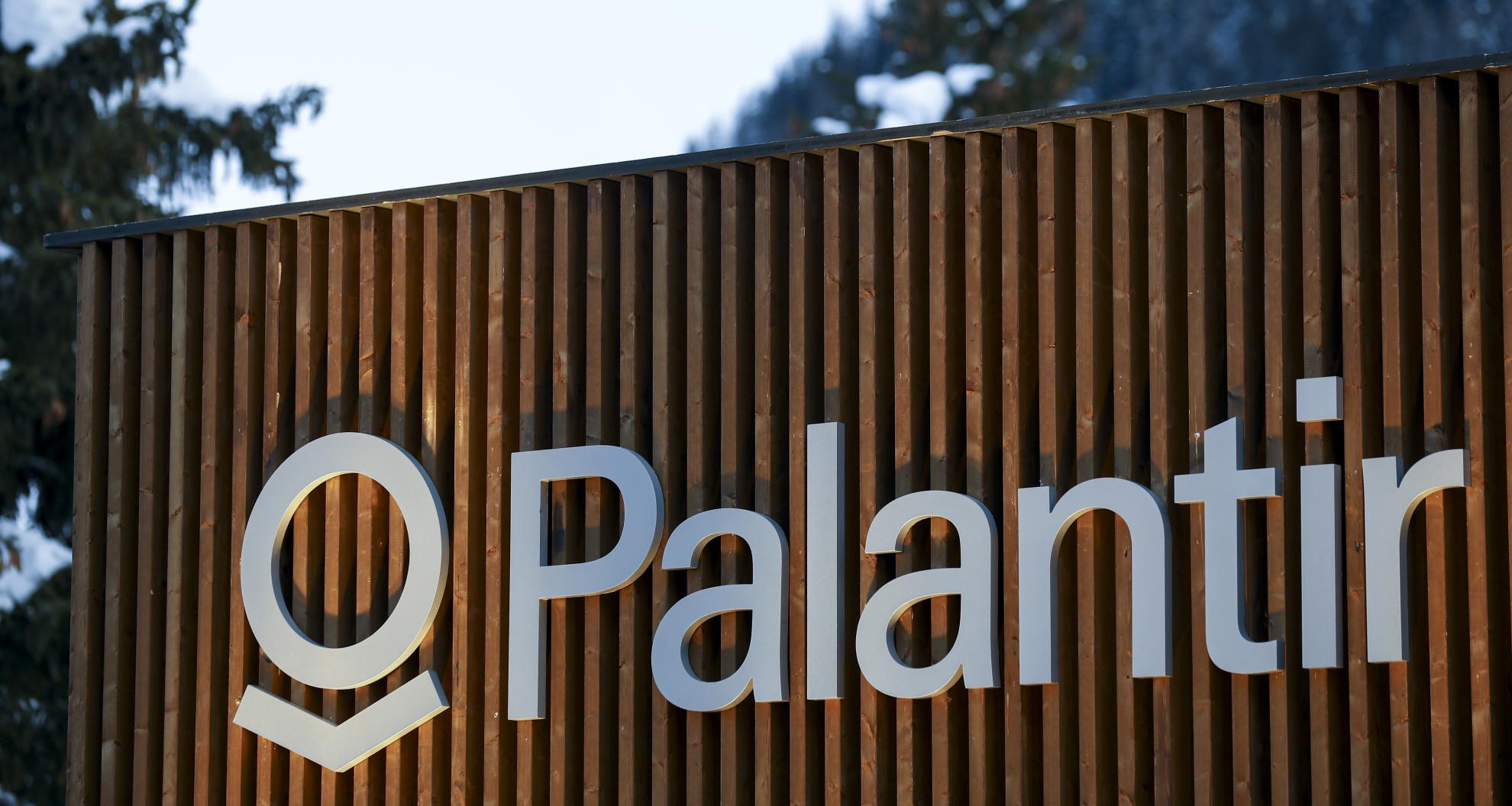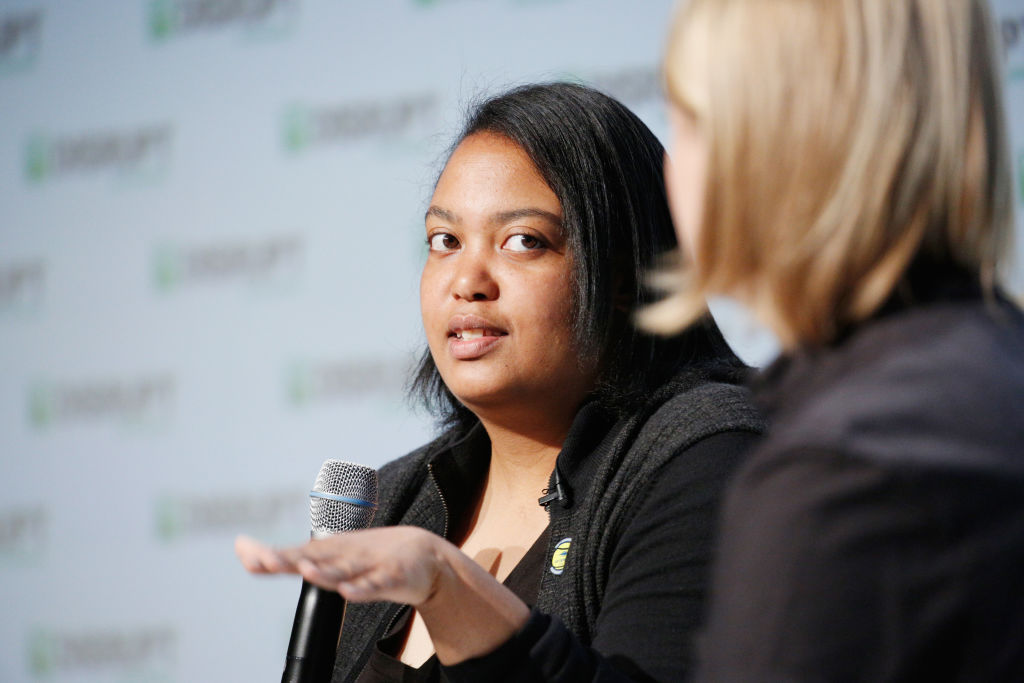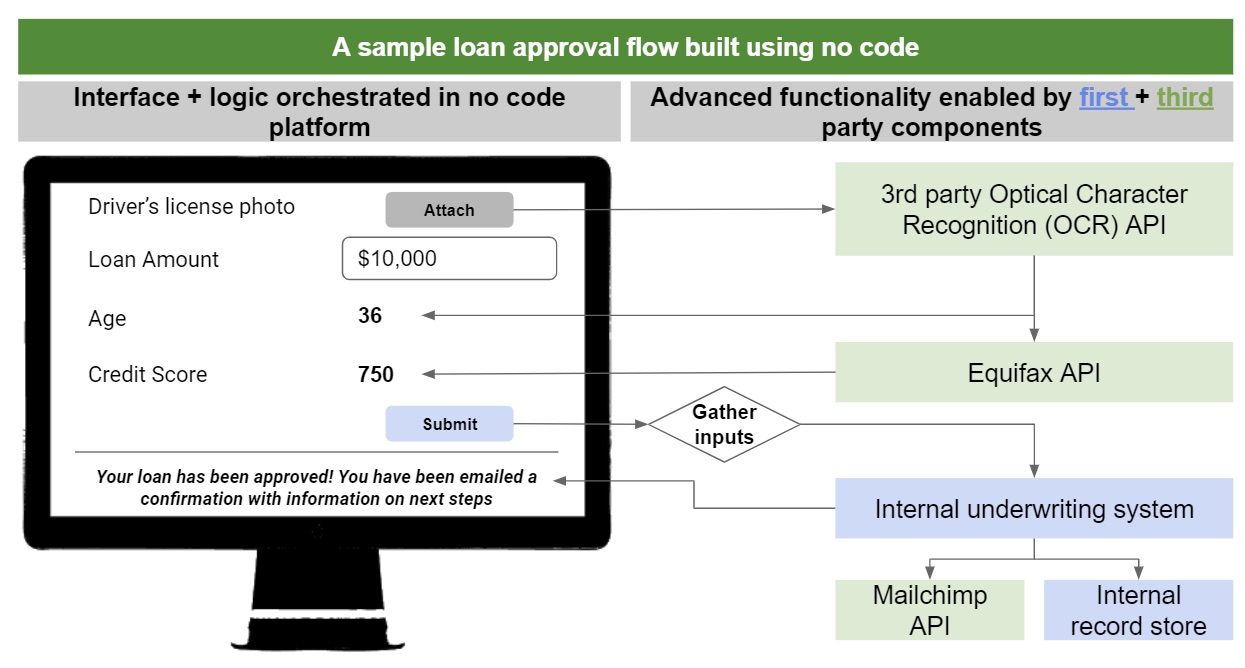Editor’s note: Get this free weekly recap of TechCrunch news that any startup can use by email every Saturday morning (7am PT). Subscribe here.
You could almost hear the internet cracking apart this week as international businesses pulled away from Hong Kong and the US considered a ban on TikTok. Software can no longer eat the entire world like it had attempted last decade. Startups across tech-focused industries face a new reality, where local markets and efforts are more protected and supported by national governments. Every company now has a smaller total addressable market, whether or not it succeeds in it.
Facebook, for example, appears to be getting an influx of creators who are worried about losing TikTok audiences, as Connie Loizos investigated this week. This might mean more users, engagement and ultimately revenue for many consumer startups, and any other companies that rely on paid marketing through Facebook’s valuable channels. But it means fewer platforms to diversify to, in case you don’t want to rely on Facebook so much for your business.
As trade wars look more and more like cold wars, it also means that Facebook itself will have a more limited audience than it once hoped to offer its own advertisers. After deciding to reject requests from Hong Kong-based Chinese law enforcement, it seems to be on the path to getting blocked in Hong Kong like it is on the mainland. But as with other tech companies, it doesn’t really have a choice — the Chinese government has pushed through legal changes in the city that allow it to arrest anyone in the world if it claims they are organizing against it. Compliance with China would bring on government intervention in the US and beyond, among other reasons why doing so is a non-starter.
This also explains why TikTok itself already pulled out of Hong Kong, despite being owned by mainland China-based Bytedance. The company is still reeling from getting banned in India last week and this maneuver is trying to the subsidiary look more independent. Given that China’s own laws allow its government to access and control private companies, expect many to find that an empty gesture.
Startups should plan for things to get harder in general. See: the next item below.

(Photo by Alex Wong/Getty Images)
Student visas have become the next Trump immigration target
International students will not be allowed to stay enrolled at US universities that offer only remote classes this coming academic year, the Trump administration decided this past week. As Natasha Mascarenhas and Zack Whittaker explore, many universities are attempting a hybrid approach that tries to allow some in-person teaching without creating a community health problem.
Without this type of approach, many students could lose their visas. Here’s our resident immigration law expert, Sophie Alcorn, with more details on Extra Crunch:
International students have been allowed to take online classes during the spring and summer due to the COVID-19 crisis, but that will end this fall. The new order will force many international students at schools that are only offering remote online classes to find an “immigration plan B” or depart the U.S. before the fall term to avoid being deported.
At many top universities, international students make up more than 20% of the student body. According to NAFSA, international students contributed $41 billion to the U.S. economy and supported or created 458,000 jobs during the 2018-2019 academic year. Apparently, the current administration is continuing to “throw out the baby with the bathwater” when it comes to immigration.
Universities are scrambling as they struggle with this newfound untenable bind. Do they stay online only to keep their students safe and force their international students to leave their homes in this country? Or do they reopen to save their students from deportation, but put their communities’ health at risk?
For students, it means finding another school, scrambling to figure out a way to depart the States (when some home countries will not even allow them to return), or figuring out an “immigration plan B.”
Who knows how many startups will never exist because the right people didn’t happen to be at the right place at the right time together? What everyone does know is that remote-first is here to stay.
No Code goes global
A few tech trends seem unstoppable despite any geopolitics, and one seems to be the universal human goal of making enterprise software suck less. (Okay, nearly universal.) Alex Nichols and Jesse Wedler of CapitalG explain why now is the time for no code software and what the impact will bel, in a very popular article for Extra Crunch this week. Here’s their setup:
First, siloed cloud apps are sprawling out of control. As workflows span an increasing number of tools, they are arguably getting more manual. Business users have been forced to map workflows to the constraints of their software, but it should be the other way around. They need a way to combat this fragmentation with the power to build integrations, automations and applications that naturally align with their optimal workflows.
Second, architecturally, the ubiquity of cloud and APIs enable “modular” software that can be created, connected and deployed quickly at little cost composed of building blocks for specific functions (such as Stripe for payments or Plaid for data connectivity). Both third-party API services and legacy systems leveraging API gateways are dramatically simplifying connectivity. As a result, it’s easier than ever to build complex applications using pre-assembled building blocks. For example, a simple loan approval process could be built in minutes using third-party optical character recognition (a technology to convert images into structured data), connecting to credit bureaus and integrating with internal services all via APIs. This modularity of best-of-breed tools is a game changer for software productivity and a key enabler for no code.
Finally, business leaders are pushing CIOs to evolve their approach to software development to facilitate digital transformation. In prior generations, many CIOs believed that their businesses needed to develop and own the source code for all critical applications. Today, with IT teams severely understaffed and unable to keep up with business needs, CIOs are forced to find alternatives. Driven by the urgent business need and assuaged by the security and reliability of modern cloud architecture, more CIOs have begun considering no code alternatives, which allow source code to be built and hosted in proprietary platforms.

Photo: Jason Alden/Bloomberg
Palantir has finally filed to go public
It’s 16 years old, worth $26 billion and widely used by private and public entities of all types around the world, but this employer of thousands is counted as a startup tech unicorn, because, well, it was one of the pioneers of growing big, raising bigger, and staying private longer. Aileen Lee even mentioned Palantir as one of the 39 examples that helped inspire the “unicorn” term back in 2013. Now the secretive and sometimes controversial data technology provider is finally going to have its big liquidity event — and is filing confidentially to IPO, which means the finances are still staying pretty secret.
Alex Wilhelm went ahead and pieced together its funding history for Extra Crunch ahead of the action, and concluded that “Palantir seems like the Platonic ideal of a unicorn. It’s older than you’d think, has a history of being hyped, its valuation has stretched far beyond the point where companies used to go public, and it appears to be only recently growing into its valuation.”
It also appears to be one of the unicorns that has seen a lot of upside lately. It has been in the headlines recently for cutting big-data deals with governments for pandemic work, on top of a long-standing relationship with the US military and other arms of the government. As with Lemonade, Accolade and a range of other IPOing tech companies that we have covered in recent weeks, it is presumably in a positive business cycle and primed to take advantage of an already receptive market.

(Photo by Kimberly White/Getty Images for TechCrunch)
Meaningful change from BLM
In an investor survey for Extra Crunch this week, Megan Rose Dickey checked in with eight Black investors about what they are investing in, in the middle of what feels like a new focus on making the tech industry more representative of the country and the world. Here’s how Arlan Hamilton of Backstage Capital responded when Megan asked what meaningful change might come from the recent heightened attention on the Black Lives Matter movement.
I happen to be on the more optimistic side of things. I’m not at a hundred percent optimistic, but I’m close to that. I think that there’s an undeniable unflinching resolve right now. I think that if we were to go back to status quo, I would be incredibly surprised. I guess I would not be shocked, unfortunately, but I would be surprised. It would give me pause about the effectiveness of any of the work that we do if this moment fizzles out and doesn’t create change. I do think that there is going to be a shift. I can already feel it. I know that more people who are representative of this country are going to be writing checks, whether through being hired, or taken through the ranks, or starting their own funds, and our own funds. I think there’s more and more capital that’s going to flow to underrepresented founders. That alone, I think, will be a huge shift.
Around TechCrunch
Extra Crunch support expands into Argentina, Brazil and Mexico
Five reasons to attend TC Early Stage online
Hear from James Alonso and Adam Zagaris how to draw up your first contracts at Early Stage
Hear how to manage your enterprise infrastructure from Sam Pullara at TechCrunch Early Stage
Kerry Washington is coming to Disrupt 2020
Amazon’s Alexa heads Toni Reid and Rohit Prasad are coming to Disrupt
Ade Ajao, Maryanna Saenko, Charles Hudson, Ulili Onovakpuri and Melissa Bradley are coming to Disrupt
Minted’s Mariam Naficy will join us at TechCrunch Early Stage
Across the week
TechCrunch
14 VCs discuss COVID-19 and London’s future as a tech hub
Societal upheaval during the COVID-19 pandemic underscores need for new AI data regulations
PC shipments rebound slightly following COVID-19-fueled decline
Here’s a list of tech companies that the SBA says took PPP money
Equity Monday: Uber-Postmates is announced, three funding rounds and narrative construction
Regulatory roadblocks are holding back Colombia’s tech and transportation industries
Extra Crunch
In pandemic era, entrepreneurs turn to SPACs, crowdfunding and direct listings
Four views: Is edtech changing how we learn?
VCs are cutting checks remotely, but deal volume could be slowing
GGV’s Jeff Richards: ‘There is a level of resiliency in Silicon Valley that we did not have 10 years ago’
Logistics are key as NYC startup prepares to reopen office
#EquityPod
From Alex:
Hello and welcome back to Equity, TechCrunch’s venture capital-focused podcast, where we unpack the numbers behind the headlines.
We wound up having more to talk about than we had time for but we packed as much as we could into 34 minutes. So, climb aboard with Danny, Natasha and myself for another episode of Equity.
Before we get into topics, a reminder that if you are signing up for Extra Crunch and want to save some money, the code “equity” is your friend. Alright, let’s get into it:
- Robinhood is back in the news this week after a New York Times piece dug into its history, product decisions and more. Tidbits galore are to be had, but the Equity crew wanted to debate the morality of providing exotic financial tooling to less-experienced users.
- We followed that debate with a dive into immigration, the latest news from the government and our takes on the matter. TechCrunch has covered the recent news, and provided some context on the broader concept. Our takeaway is that doing self-defeating things for no reason isn’t brilliant for the country as a whole.
- Postmates has a home! After winding up somewhere in the middle of the pack of the on-demand cohort a few years back, the rise of DoorDash put Postmates in a pickle. Happily, Uber was on hand to de-brine the unicorn for $2.65 billion in stock. That’s a bit more money than Postmates’ last valuation. What we want to know next is how the sale price impacted common stockholders. Email us if you know.
- Palantir has filed to go public, but privately, so that’s really all there is to say about that. Unless you need a history lesson.
- Finally, funding rounds. We had three this week: MonkeyLearn raising $2.2 million for no-code AI, Quaestor raising $5.8 million for startup financial tooling and $4.5 million for Mmhmm, which is both timely and neat.
Whew! Past all that we had some fun, and, hopefully, were of some use. Hugs and chat Monday!

Powered by WPeMatico






